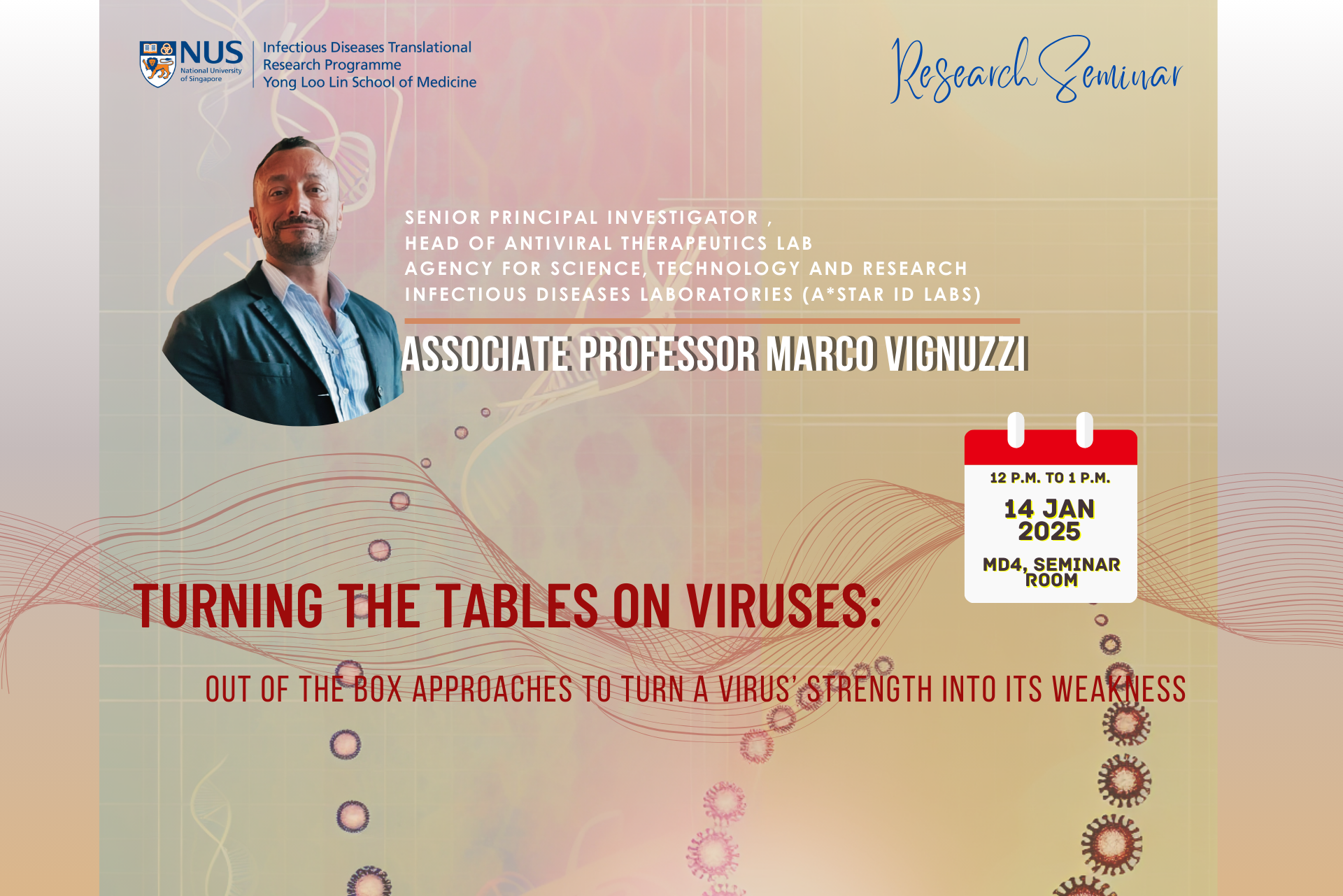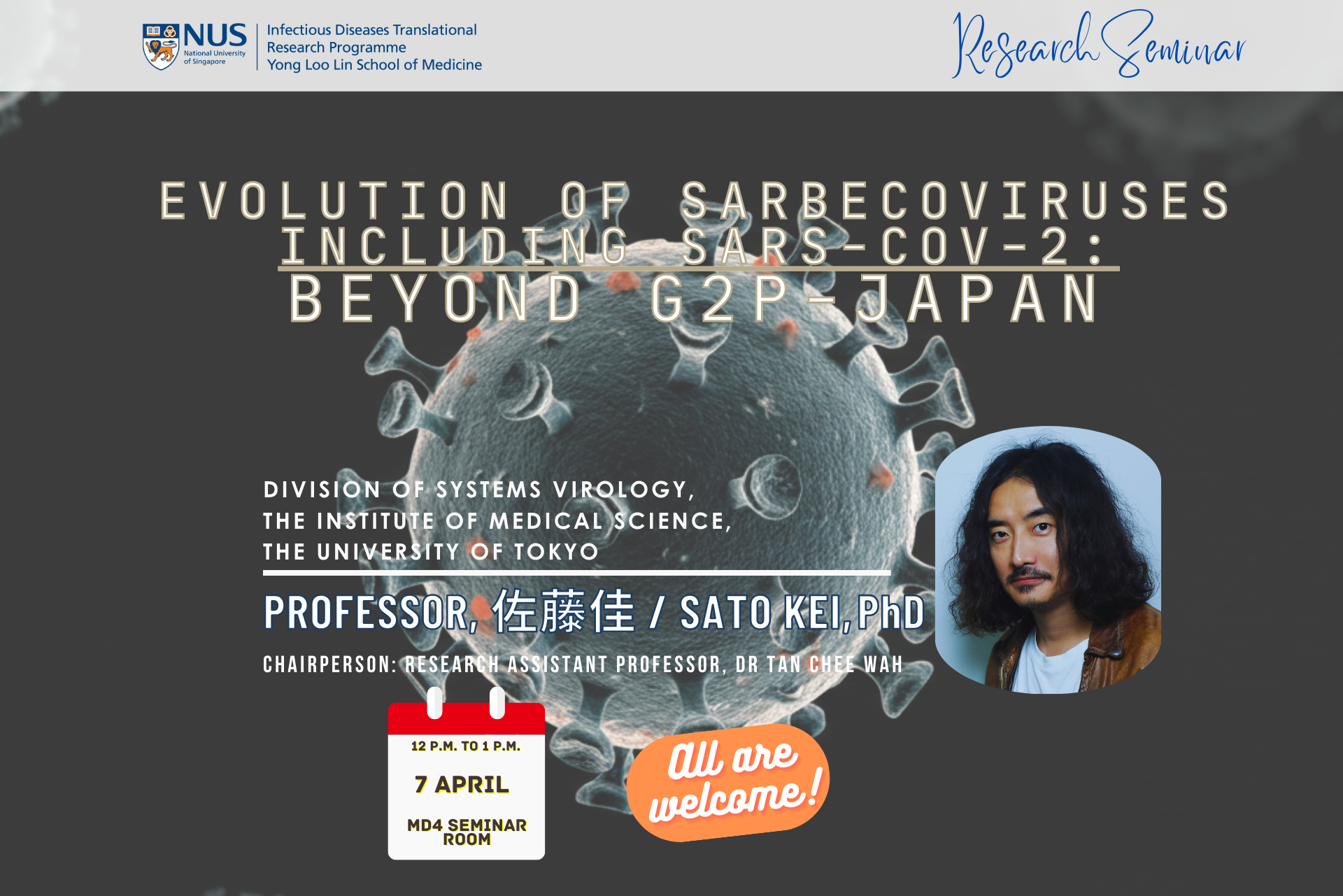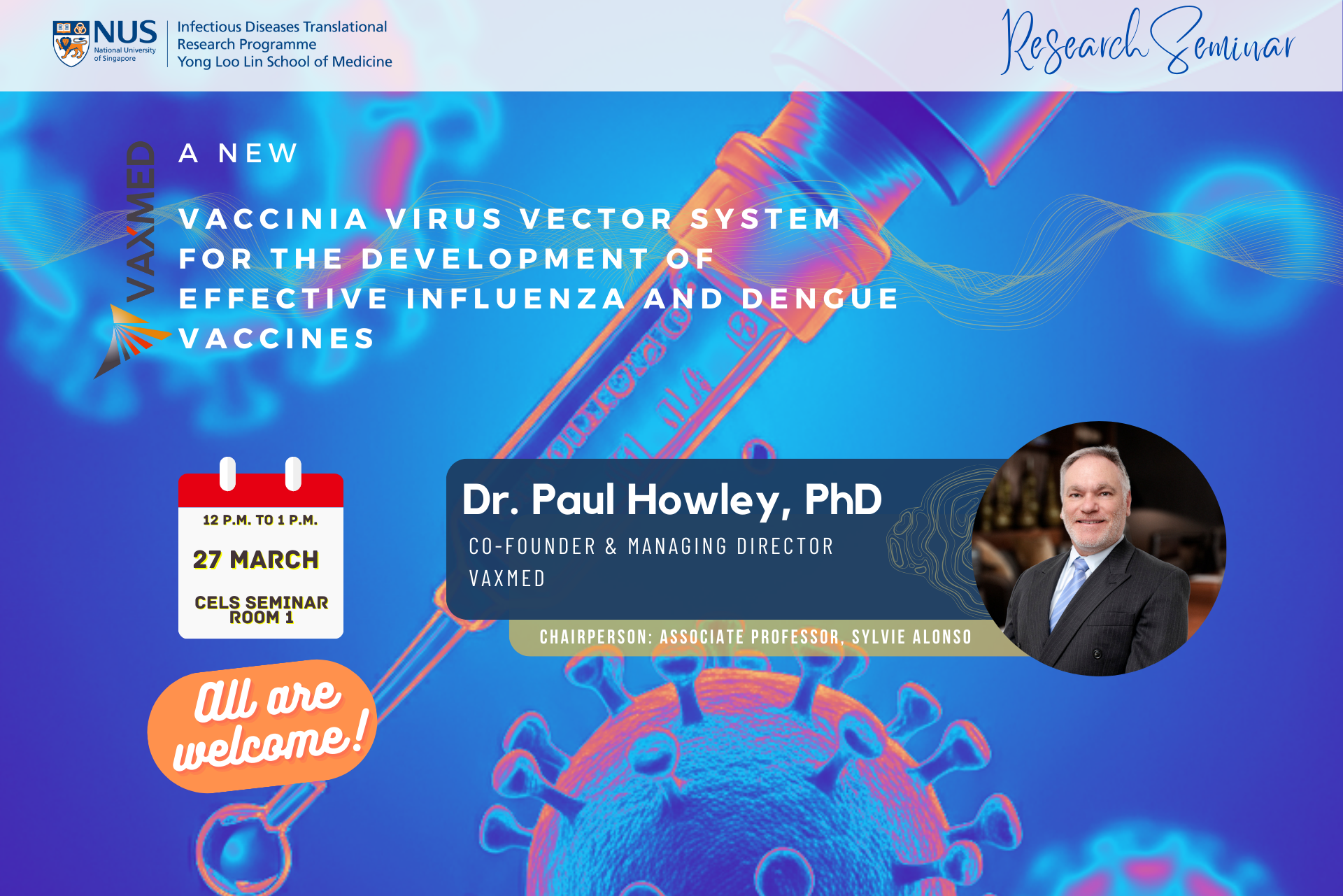Abstract:
My lab focuses on genetic mutations and tests concepts in evolution within the field of virology. Research in my lab is focused around RNA viruses, as they cause the majority of existing and emerging infectious diseases: COVID, polio, influenza, Zika, MERS, dengue, chikungunya, Ebola, West Nile, and many more. My lab develops computational and experimental approaches to monitor and predict virus evolution. We discover how viruses succeed at being fast replicating agents and we use what we learn against them in new vaccine and antiviral approaches. In this seminar, I will describe many new antiviral or vaccine approaches that my lab has created by thinking outside of the box by targeting a virus’ ability to rapidly replicate and evolve.
Biography:
Marco Vignuzzi’s graduate research (1997–2001) pioneered the development of the first self-amplifying RNA vaccines using alphavirus and picornavirus replicons. Since founding his laboratory in 2008, he has established a unique interdisciplinary niche between virology and evolutionary sciences. His lab is equally divided between experimental evolution studies and computational research, focusing on medically relevant RNA viruses, including enteroviruses (EV71, EV68, polio, Coxsackievirus, rhinovirus), alphaviruses (chikungunya, O’nyong’nyong, Sindbis, Mayaro, Ross River), flaviviruses (Zika, dengue, West Nile, yellow fever, Usutu), influenza A virus, and SARS-CoV-2.
The lab investigates the population dynamics and evolution of these viruses in animal models, including lab mice, wild mosquitoes, Zebrafish, and Drosophila. Collaborating with partners in tropical regions worldwide, they also conduct field-based projects. Additionally, the lab develops innovative tools for data visualization and multi-dimensional scaling to study virus infections in laboratory and clinical contexts.
Combining experimental evolution with computational approaches, Vignuzzi’s team generates novel antiviral strategies, benefiting both public health and industry. Their scientific output balances between basic research publications and intellectual property development and transfer. As of September 2022, his work continues at the National Agency for Science, Technology and Research Infectious Diseases Laboratories, with a dedicated focus on antiviral therapeutics.



